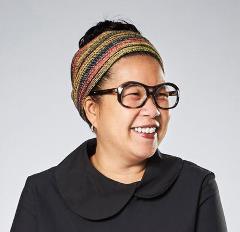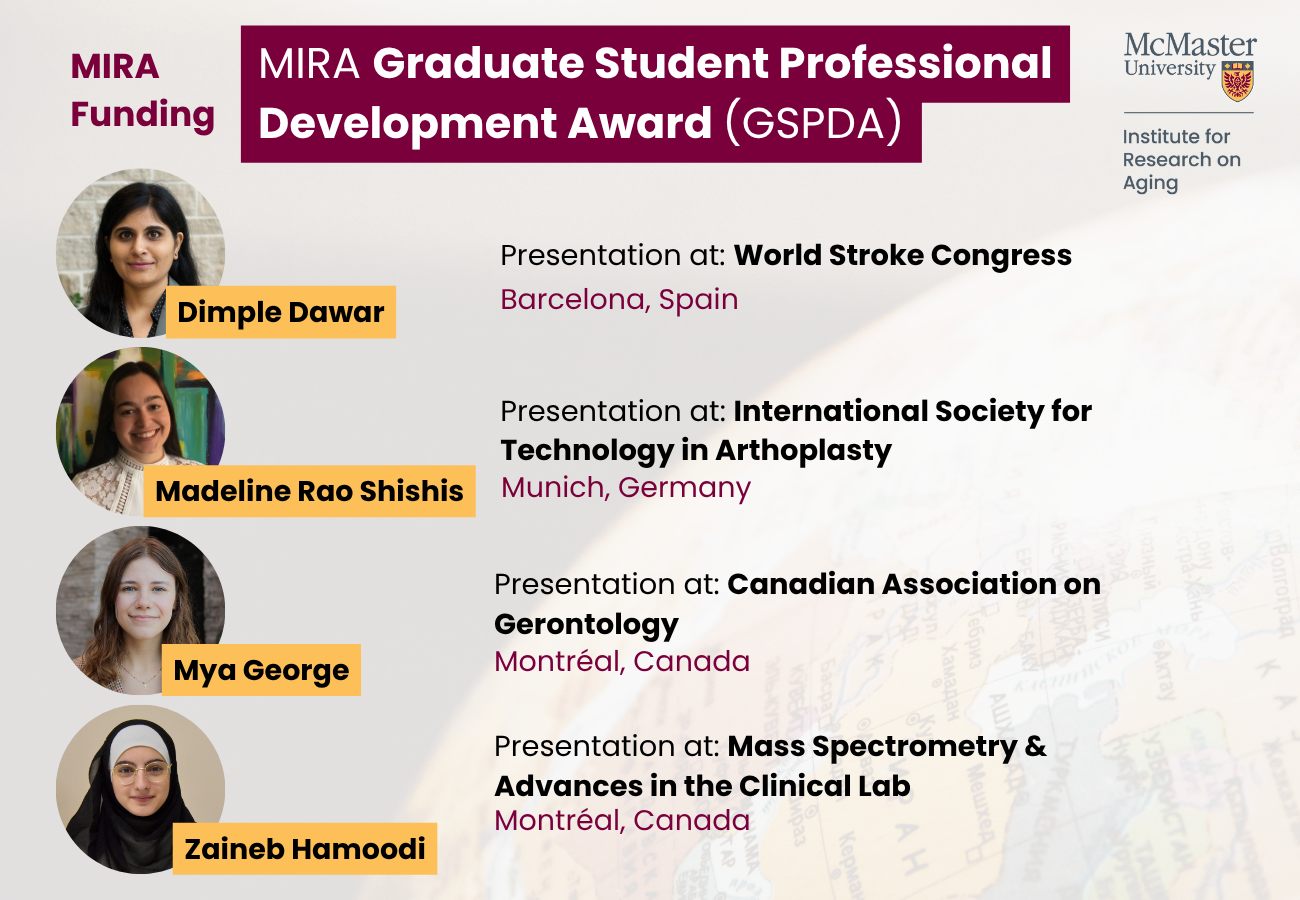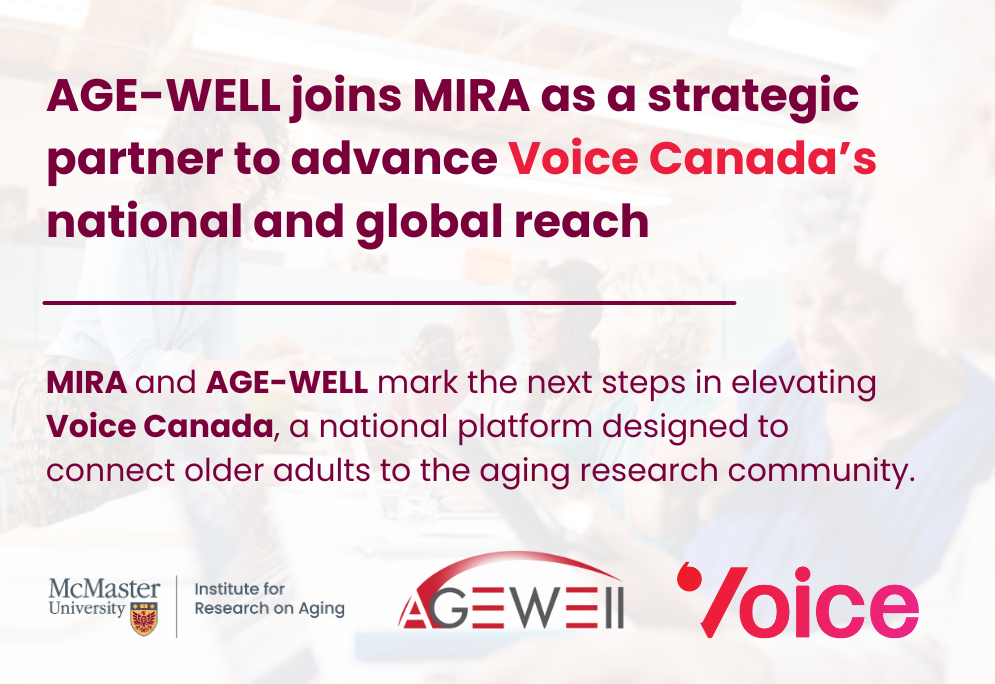As an artist, MIRA Member Carmela Laganse (School of the Arts) sees knowledge woven into everything. As a community-based researcher, she knows tapping into that knowledge means making open and honest connections with other people.
 “It is important that we value the knowledge present in our communities,” says Laganse. “There are so many ideas already circulating — some very bold and some quite simple — for creating a more just society for everyone. To hear those ideas, researchers need to step off campus and listen.”
“It is important that we value the knowledge present in our communities,” says Laganse. “There are so many ideas already circulating — some very bold and some quite simple — for creating a more just society for everyone. To hear those ideas, researchers need to step off campus and listen.”
Getting to listen often means building trust with communities so that people feel comfortable sharing. In many ways, Laganse sees herself as a facilitator, who creates a space and opportunity for community members to share their ideas and a lot of time building relationships and trust with the communities she engages.
“For me, 90% of our work is learning how to collaborate with people who have different needs, different priorities,” she says.
An issue that Laganse saw rising in the community was a deficit of digital literacy supports tailored to the needs and realities of marginalized groups.
As more and more resources and services shift online, finding effective and relevant ways to help older adults access those resources is critical, but without the direction and input of community members, those resources are not likely to succeed. To help move the needle on this, Laganse, along with fellow MIRA members Tara LaRose (Faculty of Social Sciences) and Brian Detlor (Degroote School of Business), were awarded a 2021 Labarge Mobility Catalyst Grant for their project Enhancing digital literacy and online mobility for under-represented older adults: A pilot project with Arabic-speaking communities in Hamilton.
“As a researcher, it is important for me to help communities share those ideas and have access to the resources needed to put them into practice, which was really the case working with Arabic-speaking older adults” she says. “But it is also about bringing ideas forward for the community to react to, so they can say ‘this won’t work’ or ‘what we really need is actually that.’ And that means being ready to accept that what I’ve brought might not be suitable.”
Laganse’s work in this area continues to grow; she was recently awarded $447,000 over three years through the Social Sciences and Humanities Research Council of Canada’s (SSHRC) new Race, Gender and Diversity Initiative. This research will see her hold sessions with members of the Asian diasporic community to explore their needs and wants for virtual reality, and other extended reality technology.
“This new work is a lot about accessibility, representation and understanding what a community may need and want from these emergent technologies,” says Laganse. “If we aren’t listening to the members of these communities, including older adults, we all lose out on the ideas they can bring to the conversation around this new technology and much more.”

